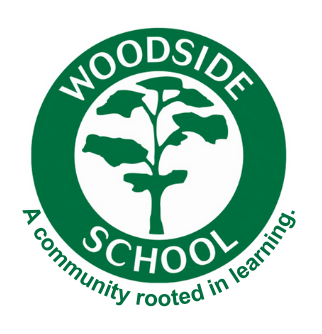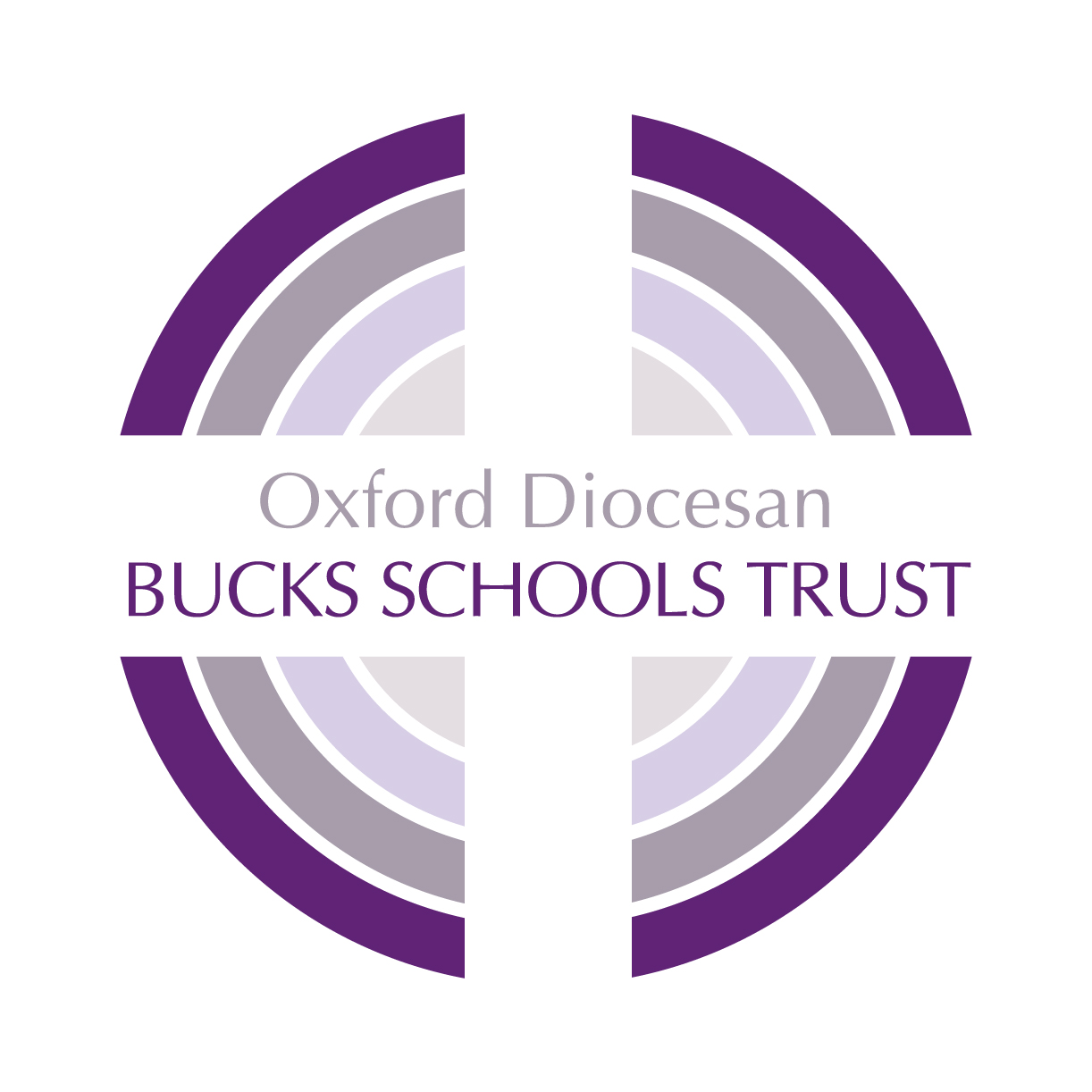Religious Education
Intent
At Woodside Junior School, our Religious Education curriculum is designed to prepare our pupils to understand and engage with the rich diversity of worldviews they will encounter throughout their lives. We believe that RE should be challenging, exciting, thought-provoking and interesting, enabling our children to develop a deep understanding of what it means to be human in our complex, interconnected world.
Our Vision
We are committed to introducing our pupils to the rich tapestry of religious and non-religious worldviews, both locally and globally, as a fundamental part of understanding how the world works. Through our worldviews approach, grounded in recent educational research, we ensure that our children learn about the diversity that exists within and between different belief systems.
Our Approach
Our RE curriculum adopts a multidisciplinary approach, encouraging pupils to explore worldviews through various lenses including psychology, philosophy, sociology and theology. This methodology enables our children to discover not only what different people believe, but crucially, how these beliefs shape the way people live, think and interact with the world around them.
We stimulate pupils' curiosity about this diversity of worldviews, expanding their understanding of how different religious and non-religious perspectives influence individuals, communities and society as a whole. Our curriculum provides rich opportunities for pupils to explore the relationship between worldviews and literature, culture and the arts, recognising the impact of belief systems on human creativity and expression.
Developing Critical Thinkers
Central to our approach is the opportunity for pupils to ask big questions about religion and belief, encouraging them to reflect deeply on their own ideas and ways of living. We include our pupils in questionning the sources of their own developing worldviews.
Our curriculum challenges pupils to question and explore both their own and others' understanding of the world, while teaching them to disagree respectfully. We provide carefully structured opportunities for pupils to reflect on the relationship between their personal worldviews and the content they study, equipping them to develop their own informed responses in the light of their learning.
Inclusive and Engaging Learning
Our RE curriculum is designed to engage pupils of any religious faith or none, and of all academic abilities and social backgrounds. We enable pupils to engage with a range of sources including texts, artefacts and people, ensuring that learning is authentic and meaningful. Importantly, our approach does not seek to urge beliefs upon pupils nor compromise their own beliefs, but rather to deepen their self-understanding and understanding of others.
Holistic Development
Through our RE curriculum, we contribute positively and powerfully to the spiritual, moral, social and cultural development of our pupils. We provide extensive opportunities for pupils to develop essential communication, oracy and thinking skills that will serve them well beyond their time at Woodside Junior School.
Our Commitment
By the end of their time with us, all of our children will have had the opportunity to study Christianity and other major world religions and non-religious worldviews in depth. They will leave us understanding the differing views of the people they will encounter in their future lives, equipped with the knowledge, skills and attitudes necessary to navigate our diverse world with confidence, respect and wisdom.
Through our RE curriculum, we prepare our pupils not simply to tolerate difference, but to appreciate, understand and engage constructively with the complexities of human belief and practice that characterises our shared world.
Implementation
R.E. is taught once per week for one hour. Each lesson begins with a question and each unit has an overarching ‘big question’, which is referred to throughout and at the end of the unit.
In lessons, teachers use a variety of methods to deliver lesson content using: images, artefacts, videos, internet research and books; using drama to express feelings and ideas; responding to images, music, art, and stories; meeting and listening to visitors from local religious communities and visiting places of worship where possible. Pupils will participate in moments of reflection; compare religious and world-views through discussion, debate and present ideas.
Lessons are divided into parts with each part building on the previous. Pupils are always expected to recall prior knowledge at the beginning of each lesson, prompted by a stimulus such as images or video or vocabulary. The curriculum progression document also outlines the key vocabulary, which we expect the children to learn, and connections are made to the P.S.H.E curriculum regularly, as much of the content and themes are connected, especially with the fundamental British values. Each lesson has a 'sticky fact' which the children are expected to be able to recall in subsequent lessons.
Impact
We measure the impact of our teaching through ‘big questions’ at the end of each unit and question based inquiry for each lesson. The impact of our teaching can also be seeing the respectful, tolerant kind pupils of our school and the way our pupils treat one another.
Religious Education at Woodside School plays a central part in readying our pupils to be good local, national and global citizens. Our pupils develop into respectful, tolerant, thoughtful, accepting, considerate and understanding members of the school community and wider society. Our pupils leave here with a better understanding of their own beliefs and their place in the world. They reflect on their own actions and celebrate the diversity of our world. Our children learn how to respectfully agree and disagree and have a better understanding of different religions.

